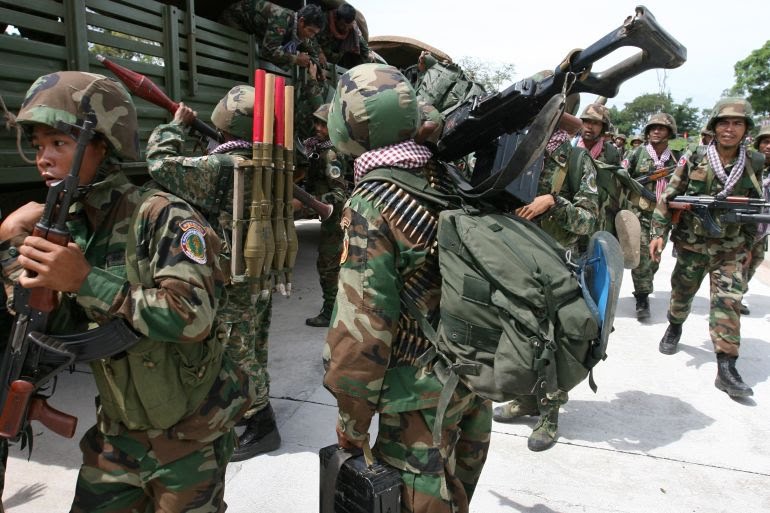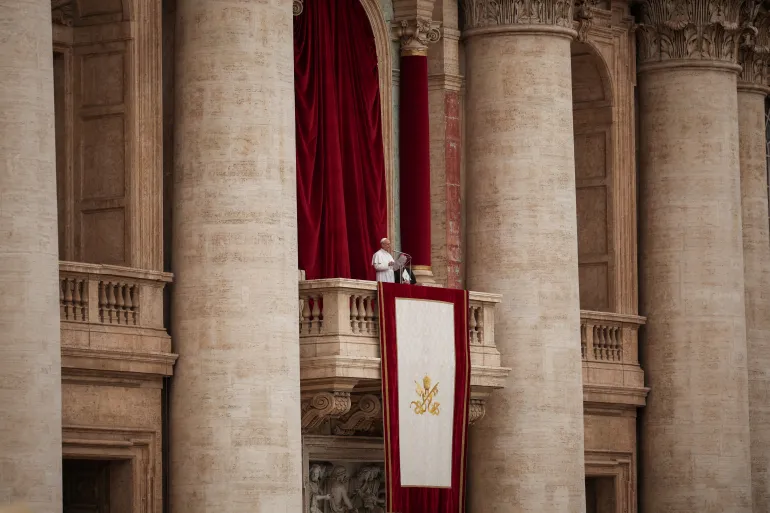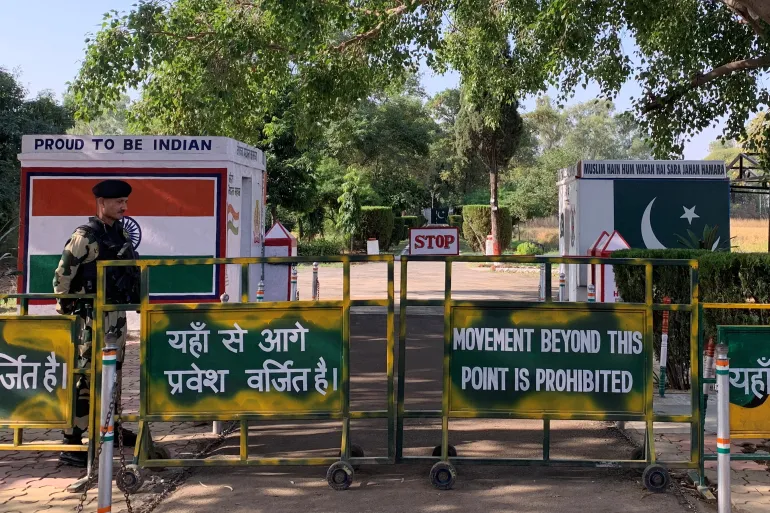Cambodian Prime Minister Hun Manet has called for calm and restraint after a deadly border clash with Thailand left one Cambodian soldier dead and heightened tensions between the neighboring Southeast Asian nations. The incident, which occurred near a disputed section of the frontier, has renewed concerns over the fragile state of bilateral relations and raised fears of potential escalation.
The skirmish took place earlier this week in the Oddar Meanchey province, a remote and historically sensitive area along Cambodia’s northern border with Thailand. According to Cambodian military officials, an exchange of gunfire between Cambodian and Thai soldiers broke out during a routine patrol, resulting in the death of a Cambodian serviceman and injuries to at least two others.
In a statement issued shortly after the incident, Prime Minister Hun Manet expressed deep regret over the loss of life and emphasized the need to prevent further violence. “We must act with wisdom and responsibility to ensure that this tragedy does not spiral into broader conflict,” he said, urging both sides to adhere to diplomatic channels and respect existing border agreements.
Thailand’s Ministry of Foreign Affairs also confirmed the clash but offered few details, stating only that the situation had been contained and that talks were underway to clarify the circumstances. Thai officials reiterated their commitment to peaceful dialogue and maintaining regional stability.
While both countries have a shared history of cultural ties and economic cooperation, their border has been a longstanding source of tension, particularly in areas where territorial lines remain disputed or poorly demarcated. Clashes between troops have erupted sporadically over the years, often triggered by misunderstandings during patrols or disagreements over land use.
This week’s incident comes amid a broader push by both governments to strengthen cooperation and resolve lingering disputes. In recent months, bilateral meetings have been held to accelerate border demarcation efforts, enhance trade relations, and expand cross-border infrastructure projects.
Observers worry that the latest violence could undermine those efforts. “This is a test for both governments,” said a Southeast Asia regional analyst. “They must show leadership to prevent political or military overreaction. The priority should be to avoid any further bloodshed and to restore trust.”
Cambodia’s Defence Ministry has confirmed that it is working closely with Thai counterparts to deescalate the situation and initiate a joint investigation. Commanders on both sides have reportedly agreed to increase communication between local units and avoid provocative deployments along the border.
Meanwhile, residents in the affected area have expressed growing anxiety. Several villages near the clash site have seen a rise in troop presence, and some families have reportedly fled temporarily due to fears of renewed fighting. Humanitarian groups are monitoring the situation and preparing to respond if displacement escalates.
Prime Minister Hun Manet also directed military and civil authorities to provide support to the family of the fallen soldier and to ensure the well-being of injured personnel. He emphasized that Cambodia remains committed to peace but will protect its sovereignty if necessary.
Regional bodies such as the Association of Southeast Asian Nations (ASEAN) have not yet officially commented on the clash, but diplomatic sources suggest quiet efforts are underway to encourage dialogue and reinforce peace mechanisms.
Historically, Cambodia and Thailand have used back-channel diplomacy and high-level meetings to resolve disputes, and analysts hope a similar approach will prevail in this case. With both governments facing domestic and regional pressures, the outcome of talks in the coming days may be crucial in preventing a wider crisis.
As of now, both sides remain in contact, and military activity along the contested border appears to have decreased. The international community will be closely watching how Phnom Penh and Bangkok manage this delicate moment, as peace and cooperation remain essential in a region already navigating complex geopolitical dynamics.
Source: Al Jazeera



